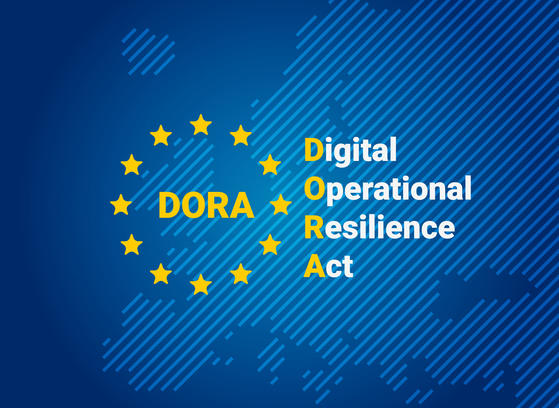The Digital Operational Resilience Act deadline is January 17, 2025 and many financial entities and ICT organizations are still struggling to wrap their heads around the regulations and what they need to do to achieve DORA compliance.
To help our customers and partners prepare for this major shift in the financial sector, Hammer teamed up with Black Box on March 6 to host an in-depth DORA compliance webinar on the subject. If you weren’t able to attend the event, you haven’t missed out though! An on-demand recording of our DORA compliance webinar is available now and we’ve collected our experts top 3 takeaways from the event below for an at-a-glance review.
Looking to start your organization’s DORA compliance process? Connect with our experts to take the next step and prepare your contact centers for the strictest requirements to hit the financial sector.
1. DORA knowledge and preparedness are lacking
DORA regulations represent a seismic shift for financial professionals and ICT solutions – and with good reason.
“The whole purpose of this act is to strengthen IT security and ensure operational resilience,” said Dominic Kleiren, Hammer’s Channel Director of EMEA. To do that, DORA mandates scenario-based tests, compatibility testing, performance testing, disaster recovery testing, end-to-end testing or penetration testing be performed on a yearly basis.
Despite the in-depth requirements needed for DORA compliance, just 54% of webinar attendees felt familiar with the subject. Between the complexity of the regulation and the wide scope of DORA’s testing requirements, this lack of familiarity poses a serious risk with overall DORA compliance rates.
2. DORA preparation needs to be holistic
A key component of DORA compliance is ensuring the operational resilience of information communication technology (ICT), something that Black Box CX Solutions Leader JD Ackley noted was enormously wide-ranging for modern financial service organizations. “Because everything is connected, ICT pretty much means anything you can turn on with a switch!”
To achieve the level of resilience required for DORA compliance, financial entities need to demonstrate comprehensive observability across their entire CX environment. “We have to have a holistic way to observe across the network,” said Ackley. “We need transparency to see where outages are to develop a business continuity plan. That’s why we feel Hammer, with its end-to-end observability is such a key partner going into the age of DORA.”
3. DORA testing frameworks require proactive testing
“Preparing for DORA really requires a shift from reactive to proactive testing,” said Eric Day, Hammer’s Senior Solution Engineer. To do that, organizations need automated testing solutions that take the responsibility of identifying issues and performing end-to-end testing workflows off of individual staff members and puts it onto system-wide automated testing solutions.
“With the Hammer Cloud Platform, we replace manual testing with automated testing tools,” said Day. “That means we can deliver more robust and comprehensive testing faster, even at the very edge of their environments, enabling you to focus time on other things.”
Looking to start your organization’s DORA compliance process? Connect with our experts to take the next step and prepare your contact centers for the strictest requirements to hit the financial sector.





